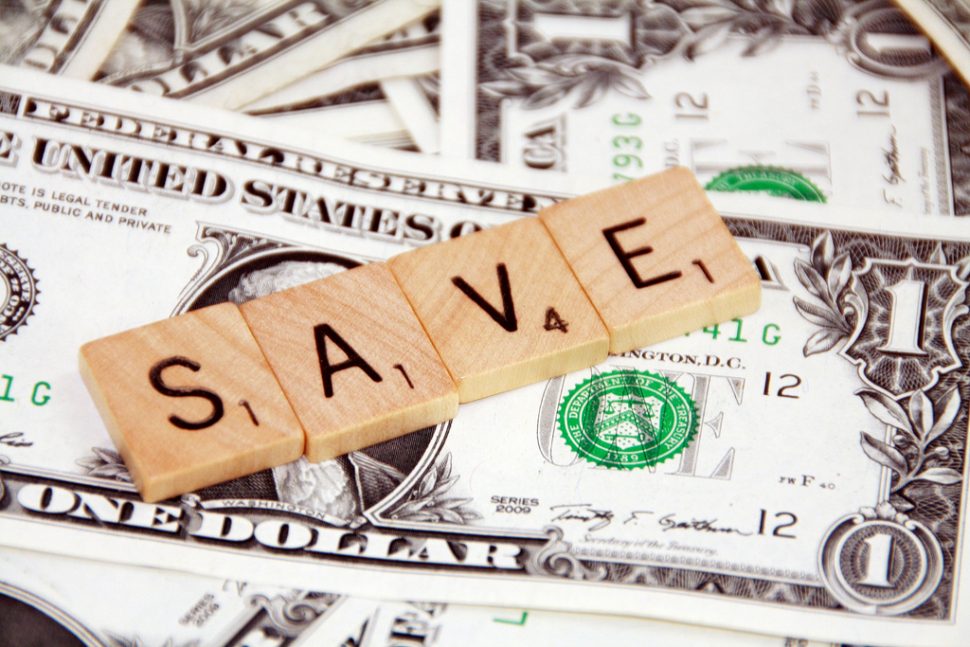‘Going freelance’ can seem both scary and exciting, but if you’re thinking of giving it a go – or are already plying your trade as a self-employed person – then paying attention to financial matters will be vital.
The Millennial Concerns
If you were born anywhere between the early 1980s and the mid-1990s, you’re a millennial – meaning your generation would have been the first to graduate from college in the new millennium starting after 2000. As a result, concerns such as higher house prices, volatile job markets, and probably less state aid as you age all require a financial solution – a solution you’ll need to consider when running your freelance career.
Each year, you conduct your business, bill your clients, gather up your 1099 forms, and complete your tax paperwork. Generating income, including money left to invest for the future, requires careful financial planning – both for yourself and for the health of your business.
Here are some ideas for running your freelance finances:
Budgeting
A word that might induce a groan or two, but it’s very important.
When freelancing, in general terms, your monthly income can fluctuate, but many of your monthly costs stay the same so it’s important to ensure you can meet them.
In a month where you earn well in excess of your monthly fixed outgoings, it’s tempting to spend on other things, but what about those months when your income might be lower? This can be especially relevant if you’re in a seasonal business or an industry where certain times of year are busier than others.
Determine exactly what your monthly costs are and, once you know your income for a given month, put the rest aside. If you can add to this in subsequent months, all the better as you’re on your way to building a ‘buffer’.
The Financial Buffer
You may face a drought one month, your largest client might suddenly stop ordering, you may fall ill, or you may wish to take a few weeks off to visit your family in Australia or somewhere else long distance.
Building a fund – a buffer – that you could draw on if your income stops or reduces sharply is a very good idea. It builds in a little security and prevents you having to take work out of desperation that may not suit you; for example, something you’d struggle to do or particularly low-paid work.
Having at least three to six months’ worth of income set aside is a sound objective.
Becoming Financially and Business Aware
Whilst you may never see yourself as someone who studies the financial press or has several personal finance apps on their phone, keeping abreast of business and financial thinking from knowledgeable and progressive minds can help give you some good ideas for running your affairs. Magpie the best ideas from others to save yourself time and money.
Set Aside Money for Taxes
If you don’t already, understand your tax obligations to the IRS (Internal Revenue Service) as a self-employed person, and set aside what you estimate you’ll owe when it’s time to pay your taxes.
Don’t risk having to raid other savings (such as your buffer fund or personal savings) or, even worse, not have the money to meet your tax obligation.
Record Income and Expenses
In order to know exactly what you’ve spent money on for business purposes and how much has come in from your customers, recording income and expenditure is important.
You or your accountant, if you use one, will require this information to prepare tax information for the IRS, and it gives you a ‘health check’ of your business at all times.
A simple spreadsheet or using good accounting software will make this task easier – as will recording the information on a regular basis rather than leaving it too long.
Insurance and Retirement Planning
Health insurance is something to consider sooner rather than later; while you may have hopefully built a financial buffer as described above, it would only take you so far if you were unfortunate to become ill for a prolonged period.
Health insurance may seem like a hefty expense, but what price can you put on peace of mind?
Longer-Term Financial Planning
Once the above financial provisions are set up, try to create another ‘pot’ for putting money away to save for longer-term goals such as maybe buying a property or saving for retirement.
Getting Help
If you don’t have one, consider hiring an accountant; they can help you plan accurately for taxes and advise what can and can’t be set ‘against expenses’.
Having an accountant needn’t cost the earth – it’s a tax-deductible expense anyway – and other expert assistance (such as from a reputable financial adviser) to help with retirement and investment planning would be worth consideration. No matter how far away it seems, the earlier you plan for the future, the better placed you’ll be when you get there.
This is a Contributor Post. Opinions expressed here are opinions of the Contributor. Influencive does not endorse or review brands mentioned; does not and cannot investigate relationships with brands, products, and people mentioned and is up to the Contributor to disclose. Contributors, amongst other accounts and articles may be professional fee-based.

